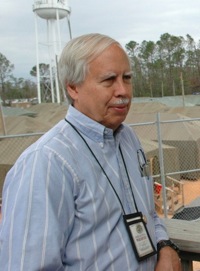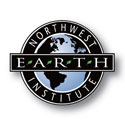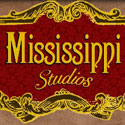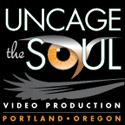The State of the Gulf: Q&A with Ed Cake, Ph.D
 This month in our “The State of the Gulf – in the Words of Our Neighbors and Friends” series we’re bringing you some of the voices of the Gulf, people that we met with during our trip and that we’ve stayed in touch with over the last few months. This Q&A is with marine biologist and oyster specialist, Dr. Ed Cake.
This month in our “The State of the Gulf – in the Words of Our Neighbors and Friends” series we’re bringing you some of the voices of the Gulf, people that we met with during our trip and that we’ve stayed in touch with over the last few months. This Q&A is with marine biologist and oyster specialist, Dr. Ed Cake.
What does the Gulf look and feel like now, 8 months after the spill?
Additional tar balls and tar mats are continuing to wash ashore all along the Gulf Coast of Mississippi and in adjacent states. Federal and state seafood resource monitoring and testing agencies are still using their “sniff” tests to determine the “safety” of our seafood products and are still not being believed by folks in the know. Chemtrails are still being sprayed in our skies as federal military and other aviation interests blanket the region with “unknown” chemicals (probably aluminum and other minerals) to promote bacterial growth in the “Gulf of Oil” waters and to combat the volatile organic compounds (VOCs) emanating from the BP oil spill.
How have you personally been affected?
At this point I have suffered no apparent pulmonary problems from the VOCs in the coast atmosphere, and I refuse to consume any seafood products that were caught within the BP oil-spill zone (Choctawhatchee Bay, FL, west along the coast to Marsh Island, LA.). I am advising friends, family members, and colleagues to only consume wild-caught shrimp from the Atlantic and Texas Coasts, to consume oysters only from Apalachicola Bay, FL, and Galveston Bay, TX, and to consume only pond-reared catfish from Mississippi. Crabs and shrimp and fish from the central “Gulf of Oil” cannot be trusted and should not be consumed in any form or fashion including there in the Pacific Northwest!
How has your community been affected?
The community has been adversely affected by the loss of income for fishers, restaurateurs, and the tourism businesses. Seafood items continue to be rejected by many folks and the local fishermen distrust the agencies that are supposed to protect their interests! Tar ball and tar mats continue to wash ashore on the beaches along the community’s waterfront, thereby causing tourists and “locals” alike to avoid those beaches. Coastal residents continue to report mental health issues including depression in the aftermath of the BP oil spill. And even though the rest of the country seems to believe that the oil spill is over and gone and Gulf seafood is safe to eat, nothing could be further from the truth!
What has the government accomplished in the last 8 months?
In my humble opinion, the federal and state governments and agencies have succeeded only in increasing the mistrust of the public in their pronouncements regarding seafood “safety,” in their failure to protect the public from the continuing “black tides” of tar balls and mats, in their failure to share accurate environmental assessment data and protocols with environmental activists, and most especially, in their failure to respond to the public’s requests for transparency and truth with regard to the BP disaster. Requests for accurate facts have been met with stonewalling and outright refusal. President Obama is now a “lame-duck” president, in my humble opinion, primarily because of the abdication of his administration’s responsibilities to protect the residents of the Gulf Coast and deliver on his transparency promise and on his science-based decision-making promise.
What do communities in the Gulf still need that they’re not getting?
They need the truth from whatever source and without window dressing. We need to know what lies ahead for the habitats and critters now suffering in the “Gulf of Oil.” We need legislative action in Washington that will require the USEPA to appoint and listen to Citizens Advisory Committees on assessment and recovery activities here in the “Gulf of Oil” region just like those committees that served the federal government in Alaska after the Exxon Valdez oil spill in 1989. But most of all, we need the nonsugar-coated truth about the probable short-term and long-term impacts of the BP oil disaster on coastal residents and marine and estuarine critters along the Gulf Coast.
What is one local charity/organization that you believe is doing good work that people who want to help the Gulf can donate to?
The Asian Americans for Change can always use financial support. Local charities such as Catholic Social Services and the Salvation Army are helping to support and feed the fisherfolks that are still suffering from the adverse impacts of the BP spill. The local soup kitchen in Pascagoula (Our Daily Bread) never has enough food or supplies to meet the increased demand for helping that community’s out-of-work residents and fisherfolks.























NO COMMENT
Leave a comment